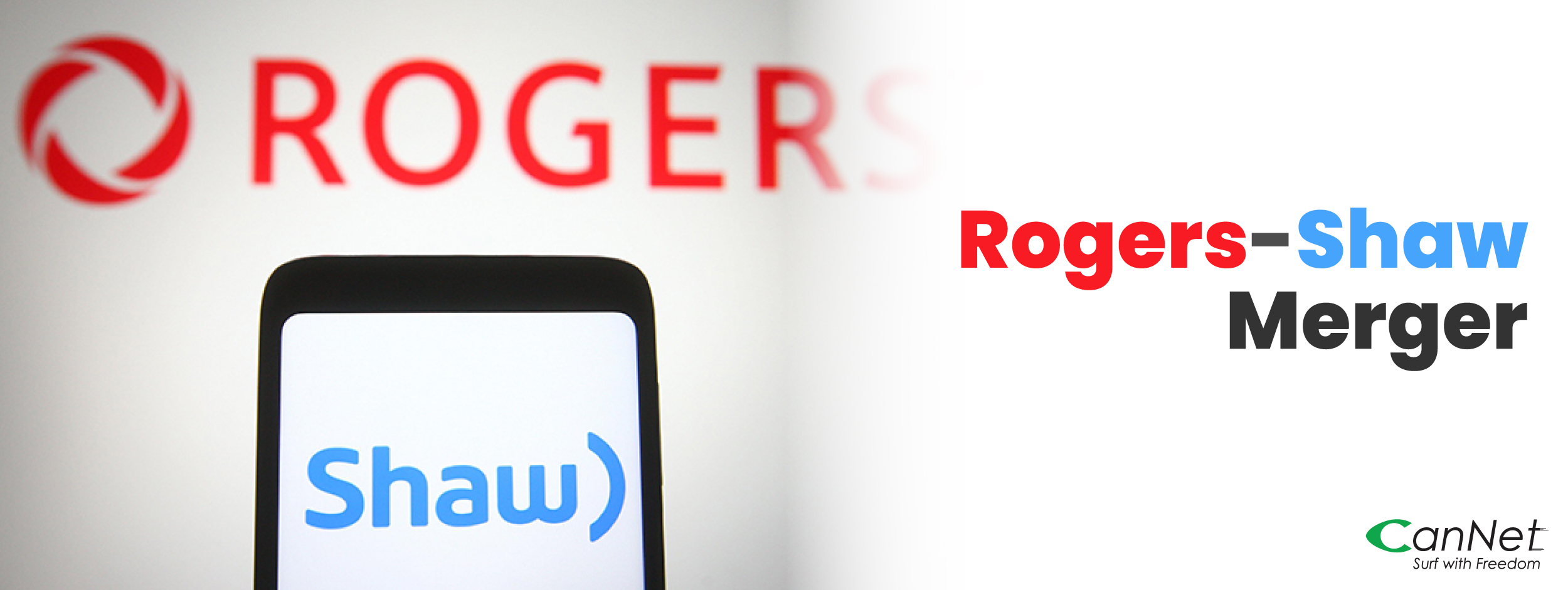How the Rogers-Shaw merger could have a negative impact on consumers
The highlights of the Rogers-Shaw merger
The proposed merger between Rogers Communications Inc. and Shaw Communications Inc. in Canada has faced criticism and scrutiny over concerns that it could lead to less competition and higher prices for Canadian consumers.
Some argue that the deal would give the merged company too much market power, allowing it to dominate the telecoms industry and potentially reduce consumer choice.
The Competition Commissioner Matthew Boswell had also raised concerns that the merger would lead to worse, more expensive cellphone service for Canadians. Despite legal wins, the industry minister François-Philippe Champagne still has to consider the perception among the public and his political rivals that the deal could lead to a negative impact on the industry and consumers.
However, Rogers and Shaw have said that the deal would allow them to compete better with other large telecommunications companies and invest more in new technology and infrastructure.
Potential impact
It is difficult to predict the specific impact of the merger between Rogers and Shaw, as it has yet to be finalized and is still subject to approval by the industry minister.
However, if the merger is approved, it would create a significant player in the Canadian telecommunications industry, potentially significantly shaping the market and affecting consumers.
One potential impact of the merger could be reduced competition and higher consumer prices, particularly in internet and wireless services.
The Competition Commissioner Matthew Boswell had raised concerns about the potential for reduced competition and higher prices, and some consumer advocates have expressed similar concerns.
Some other impacts after the Rogers-Shaw deal include:
Changes to the industry landscape: The merger would create a major player in the Canadian telecommunications industry, which could lead to significant changes in the industry's competitive landscape. This could include increased consolidation among smaller players or shifts in market share between the more prominent players.
Job losses: Mergers often result in job losses as companies look to eliminate redundancies and streamline operations. If the merger between Rogers and Shaw goes ahead, it could lead to layoffs in some areas, mainly administrative and support roles.
Concerns about privacy and data security: The merger could give the combined company access to more customer data, raising concerns about privacy and data security. Some consumers may need help with how the new company uses or shares their personal information.
Potential for price hikes: While the merger could lead to increased competition in some areas, there are also concerns that it could result in higher consumer prices. If the new company can dominate the market, it may have more power to set prices and dictate terms of service.
In conclusion, the proposed merger of Rogers Communications Inc. and Shaw Communications Inc. in Canada has been highly controversial, with concerns raised over its potential impact on competition and consumer choice in the telecommunications industry.
While the merger has cleared several legal hurdles, the final approval decision still lies with Canada's Industry Minister François-Philippe Champagne, who is likely considering the political optics of his decision. If the merger is approved, it could lead to significant changes in the Canadian telecommunications landscape, including increased concentration and potential job losses.

